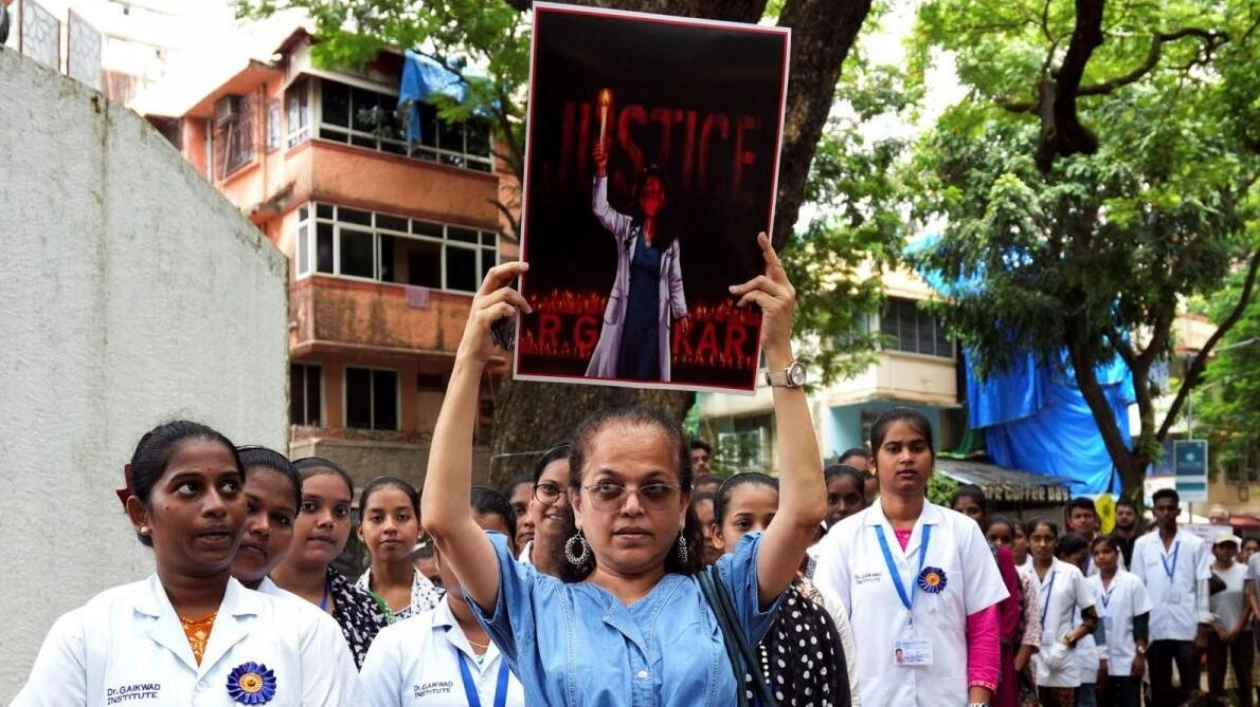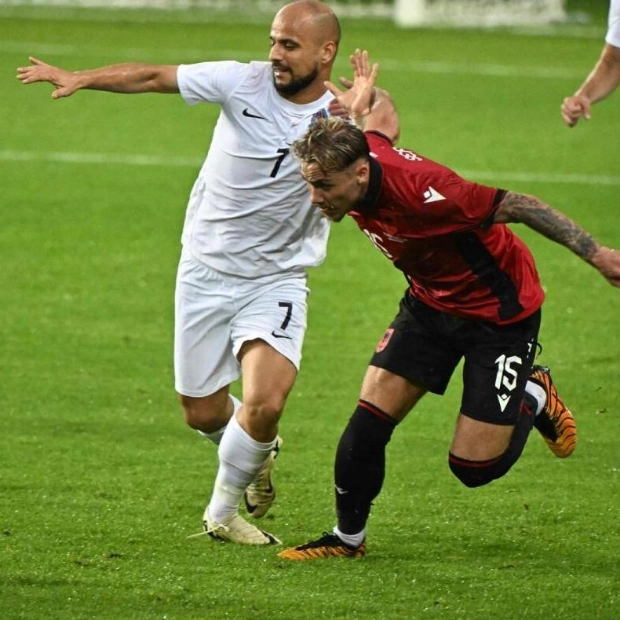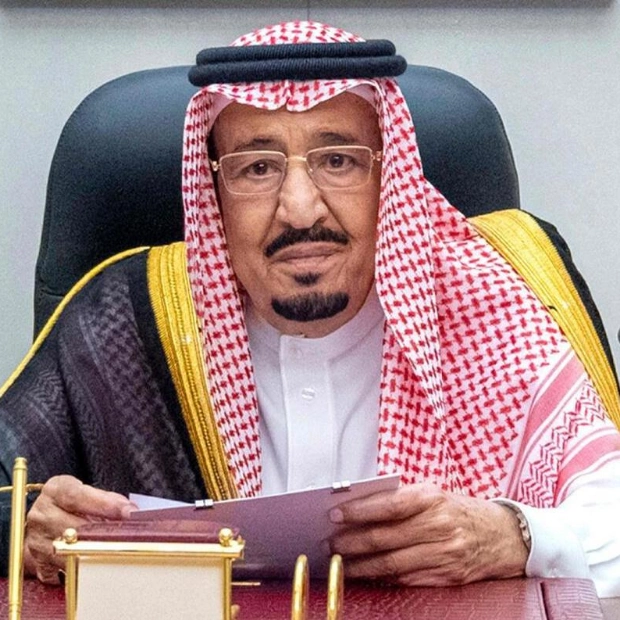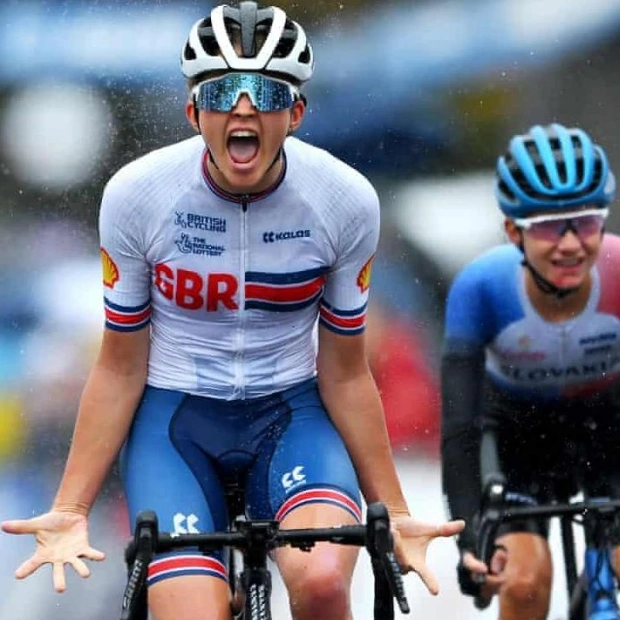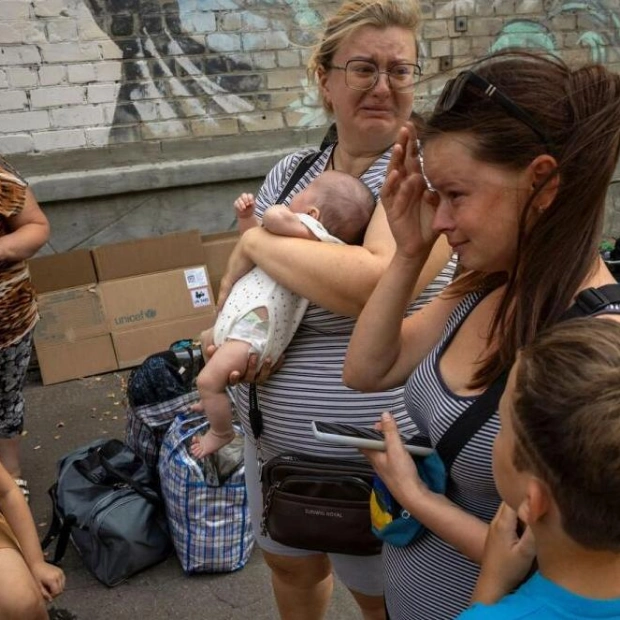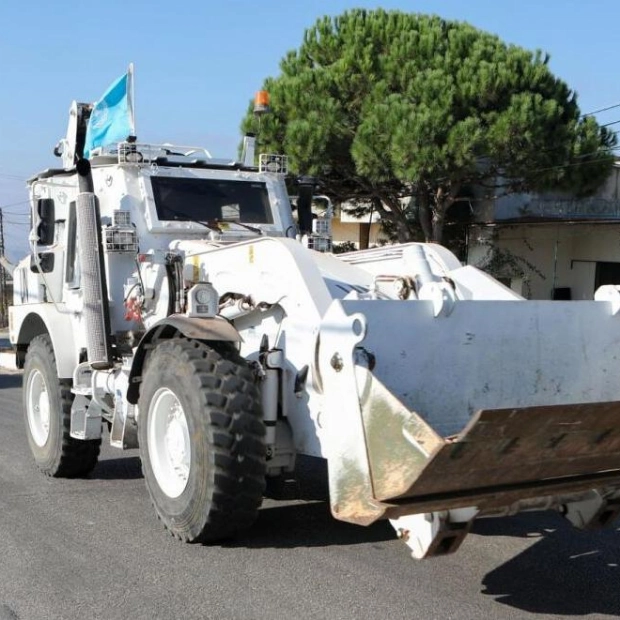Some Indian junior doctors continued to abstain from work on Sunday, demanding prompt justice for a colleague who was raped and murdered. This came despite the conclusion of a strike initiated by a major doctors' association, while other individuals staged street protests.
Doctors nationwide have conducted protests, candlelight marches, and refused to attend to non-emergency patients over the past week following the murder of a 31-year-old postgraduate student in chest medicine in Kolkata in the early hours of August 9. Thousands of people marched in Kolkata on Sunday evening in solidarity with the doctors, chanting 'we want justice,' as authorities in West Bengal state grappled with demonstrations against the heinous crime.
Women activists argue that the incident at the R.G. Kar Medical College and Hospital, a British colonial-era institution, underscores the ongoing plight of women in India, despite harsher laws introduced after the 2012 gang-rape and murder of a 23-year-old student in Delhi. 'My daughter is gone but millions of sons and daughters are now with me,' the victim's father, whose identity is protected by Indian law, told reporters, referring to the protesting doctors. 'This has given me a lot of strength and I feel we will gain something out of it.'
India overhauled its criminal justice system, including imposing stricter penalties, following the 2012 attack, but advocates claim that little has changed and insufficient measures have been taken to prevent violence against women. A police volunteer, tasked with assisting police personnel and their families with hospital admissions when necessary, has been arrested and charged with the crime. His mother expressed remorse and stated she would provide whatever support her son needs.
The Indian Medical Association, whose 24-hour strike concluded at 6 a.m. (0030 GMT) on Sunday, urged Prime Minister Narendra Modi to intervene, noting that 60% of India's doctors are women and need protection through security protocols similar to those at airports. The R.G. Kar hospital has faced agitation and rallies for over a week. Police imposed a ban on assemblies of five or more people around the hospital for a week starting Sunday, which was defied by protesters before they dispersed.
The government has called on doctors to resume duties to address rising cases of dengue and malaria while establishing a committee to propose measures for enhancing protection for healthcare professionals. Most doctors had returned to their regular activities, according to IMA officials. 'The doctors are back to their routine,' said Dr Madan Mohan Paliwal, the IMA head in Uttar Pradesh. 'The next course of action will be decided if the government does not take any strict steps to protect doctors... and this time we could stop emergency services too.' However, the All India Residents and Junior Doctors’ Joint Action Forum announced it would continue a 'nationwide cease-work' until authorities conduct a thorough inquiry and make arrests within 72 hours.
In Modi's home state of Gujarat, over 6,000 trainee doctors in government hospitals continued to avoid non-emergency medical services on Sunday for the third day, although private institutes had resumed regular operations. Dr Prabhas Ranjan Tripathy, additional medical superintendent of the All India Institute of Medical Sciences in Bhubaneswar, noted that junior doctors and interns had not returned to duty, adding that 'there is a lot of pressure on others because manpower is reduced.'
